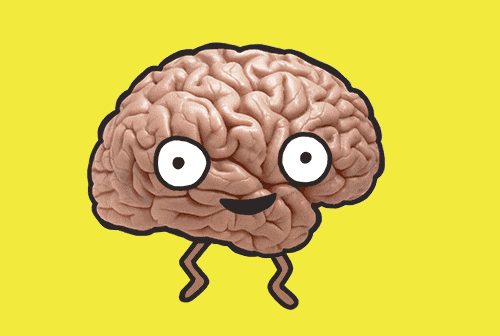- The Supper
- Posts
- Neurotech Breakthroughs Offer Hope for Brain Disorders
Neurotech Breakthroughs Offer Hope for Brain Disorders
New implants and stimulation therapies target Parkinson’s, epilepsy, and treatment-resistant depression

In 2025, neurotechnology is making remarkable strides in treating complex brain disorders. Researchers have developed next-generation brain implants that deliver targeted electrical stimulation to regions affected by Parkinson’s disease, epilepsy, and severe depression. These devices are smaller, more precise, and capable of adapting in real time to brain activity — a major leap from earlier models that offered static stimulation.
The best HR advice comes from people who’ve been in the trenches.
That’s what this newsletter delivers.
I Hate it Here is your insider’s guide to surviving and thriving in HR, from someone who’s been there. It’s not about theory or buzzwords — it’s about practical, real-world advice for navigating everything from tricky managers to messy policies.
Every newsletter is written by Hebba Youssef — a Chief People Officer who’s seen it all and is here to share what actually works (and what doesn’t). We’re talking real talk, real strategies, and real support — all with a side of humor to keep you sane.
Because HR shouldn’t feel like a thankless job. And you shouldn’t feel alone in it.
One promising innovation is closed-loop neuromodulation, which monitors brain signals and adjusts stimulation based on the patient’s current state. For epilepsy patients, this means seizures can be detected and interrupted before they fully manifest. In cases of treatment-resistant depression, deep brain stimulation is showing improved outcomes, with patients reporting better mood regulation and reduced suicidal ideation.
Clinical trials are expanding globally, and early results suggest these technologies could become standard care for neurological conditions that have long defied conventional treatment. Researchers are also exploring non-invasive options, such as transcranial magnetic stimulation (TMS) and focused ultrasound, which offer therapeutic benefits without surgery.
As neurotech advances, ethical considerations around consent, data privacy, and long-term effects are gaining attention. Still, the potential to restore function and improve quality of life for millions is driving rapid innovation. The brain, once considered the final frontier of medicine, is now being mapped and modulated with unprecedented precision.


Reply